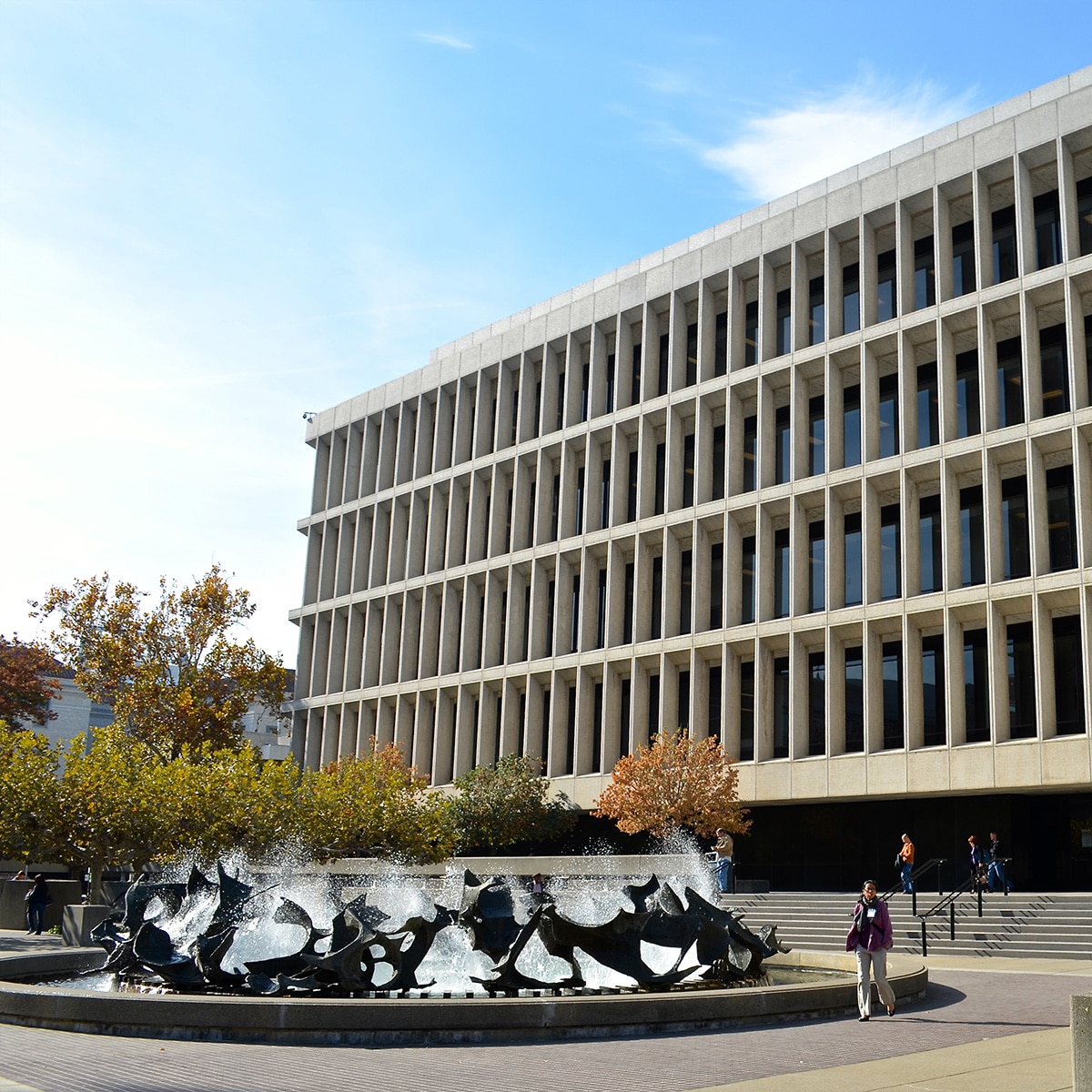
 By Dorrin Akbari
By Dorrin Akbari
SACRAMENTO, CA — An attempt by co-counsel Jennifer Mouzis and Tatiana Cottman to have their client released on his own recognizance via a Humphrey motion (requiring reasonable bail) backfired Monday, as Judge Geoffrey Goodman found cause to deny bail altogether.
Defendant Michael Chipman appeared in Sacramento County Superior Court Dept. 61 to answer to charges stemming from two separate cases.
Jennifer Mouzis, who had been retained by the defendant, represented him in his first docketed case, for which his charges included felony possession of a firearm and ammunition by a prohibited person, felony possession of a controlled substance while armed, felony criminal threat of harm, and misdemeanor possession of methamphetamine.
Assistant Public Defender Tatiana Cottam was Chipman’s counsel for his second case, which involved felony charges for robbery, battery causing serious bodily injury, and assault with a firearm.
Leading the arguments for the defense, Mouzis noted that she had made a motion the prior week to have her client released on his own recognizance “subject to other conditions not including money bail” because Chipman had no assets.
Deputy District Attorney Lauren Weiss expressed skepticism regarding the claim that the defendant had no assets, given that Mouzis was being paid to represent him.
She then emphasized the violent nature of the defendant’s criminal history, which included a prior strike in 2014, and cited that as grounds for keeping Chipman in custody in the “interest of public safety.”
Though the defendant was ultimately charged solely with robbery, DDA Weiss noted that his 2014 prior strike was “effectively a kidnapping and carjacking case.” Chipman was said to have kidnapped the victim, threatened to kill her, taken her phone, and driven her to an ATM to get money.
His record also included recent pimping and pandering convictions and an assault by means likely to produce great bodily injury charge, which entailed him punching his cellmate and breaking his jaw.
Referring to PD Cottam’s case, DDA Weiss added that the defendant was alleged to have pistol-whipped his victim during the robbery.
“His criminal history and facts of this case show he’s a significant and very serious danger to the public. While he continues to use firearms to rob and harm people, he also just possesses them. I think he’s the perfect example of a defendant who should have no bail,” said DDA Weiss to close.
Mouzis was quick to reply, contending that, while her client’s charges were serious, they were “not the kind contemplated by Humphrey as being the extraordinarily rare case where no bail would be issued.”
In Humphrey, the Supreme Court of California outlined a process through which bail determinations should be made. The court argued for an “individualized consideration of the relevant factors,” which included protection of the public and the victim, the seriousness of the charge, the defendant’s previous criminal record, and the likelihood that the defendant will show up at future proceedings.
If the court found, based on that analysis, that public safety or the defendant’s appearance in court couldn’t be reasonably ensured if the defendant was released, the Humphrey court said that bail may be set only if it was determined that “no nonfinancial condition of release [could] reasonably protect those interests.”
Further, the court ruled in Humphrey that “where [bail] is nonetheless necessary, the court must consider the arrestee’s ability to pay the stated amount of bail.”
Citing Humphrey, Judge Goodman countered Mouzis’s point: “Don’t his cases have to be looked at with respect to his prior record as well? His prior strike, which involved similar conduct, was only in 2014. He’s alleged to have committed a new robbery in October, and then he’s arrested in December allegedly with firearms and drugs.”
Mouzis continued her argument in line with Humphrey, arguing that the court’s interest in maintaining public safety could be addressed by having Chipman be subject to drug testing, electronic monitoring, regular check-ins with probation, and stay-away orders from the victims.
“I think those would be appropriate conditions, but I’m not satisfied that your conditions sufficiently safeguard the public,” replied Judge Goodman. “I’m going to deny bail on each case.”
Chipman will return to court on June 14 for further proceedings. He will remain in custody until that time.
 Dorrin Akbari graduated from UC Berkeley in 2019 with a B.A. in Legal Studies and a minor in Persian. She is from San Jose, CA.
Dorrin Akbari graduated from UC Berkeley in 2019 with a B.A. in Legal Studies and a minor in Persian. She is from San Jose, CA.
To sign up for our new newsletter – Everyday Injustice – https://tinyurl.com/yyultcf9
Support our work – to become a sustaining at $5 – $10- $25 per month hit the link:




